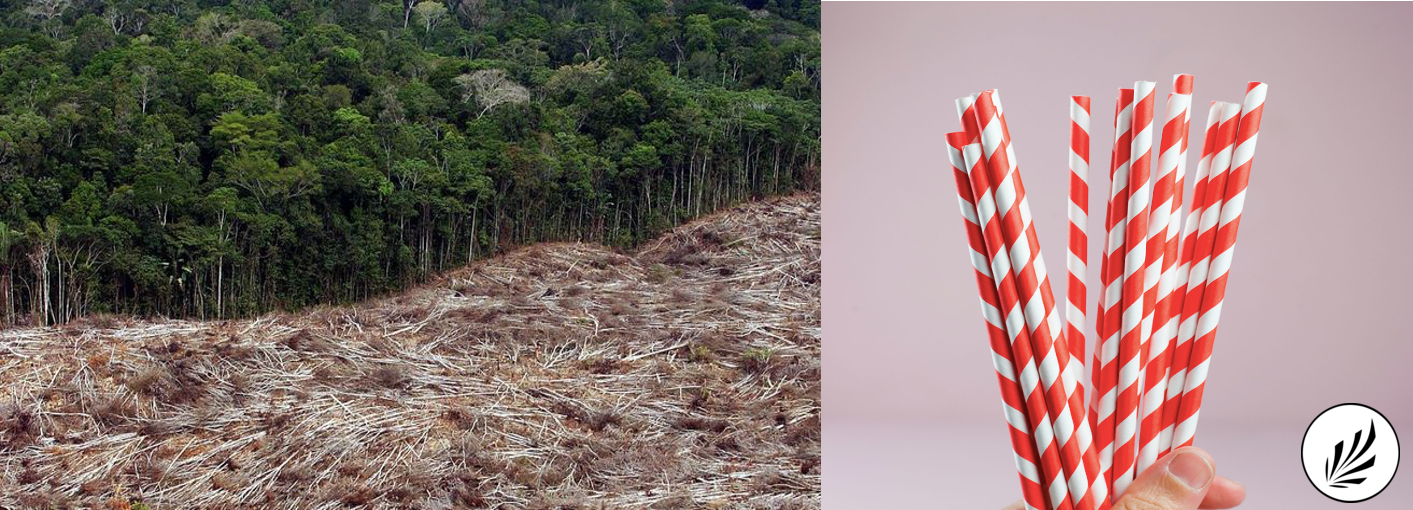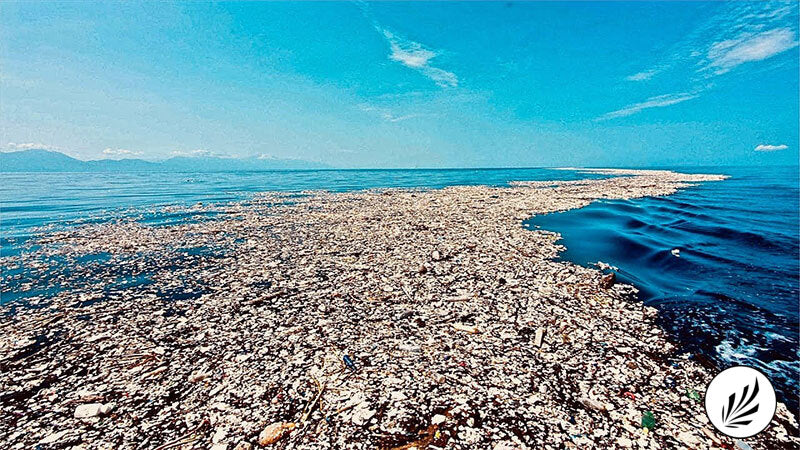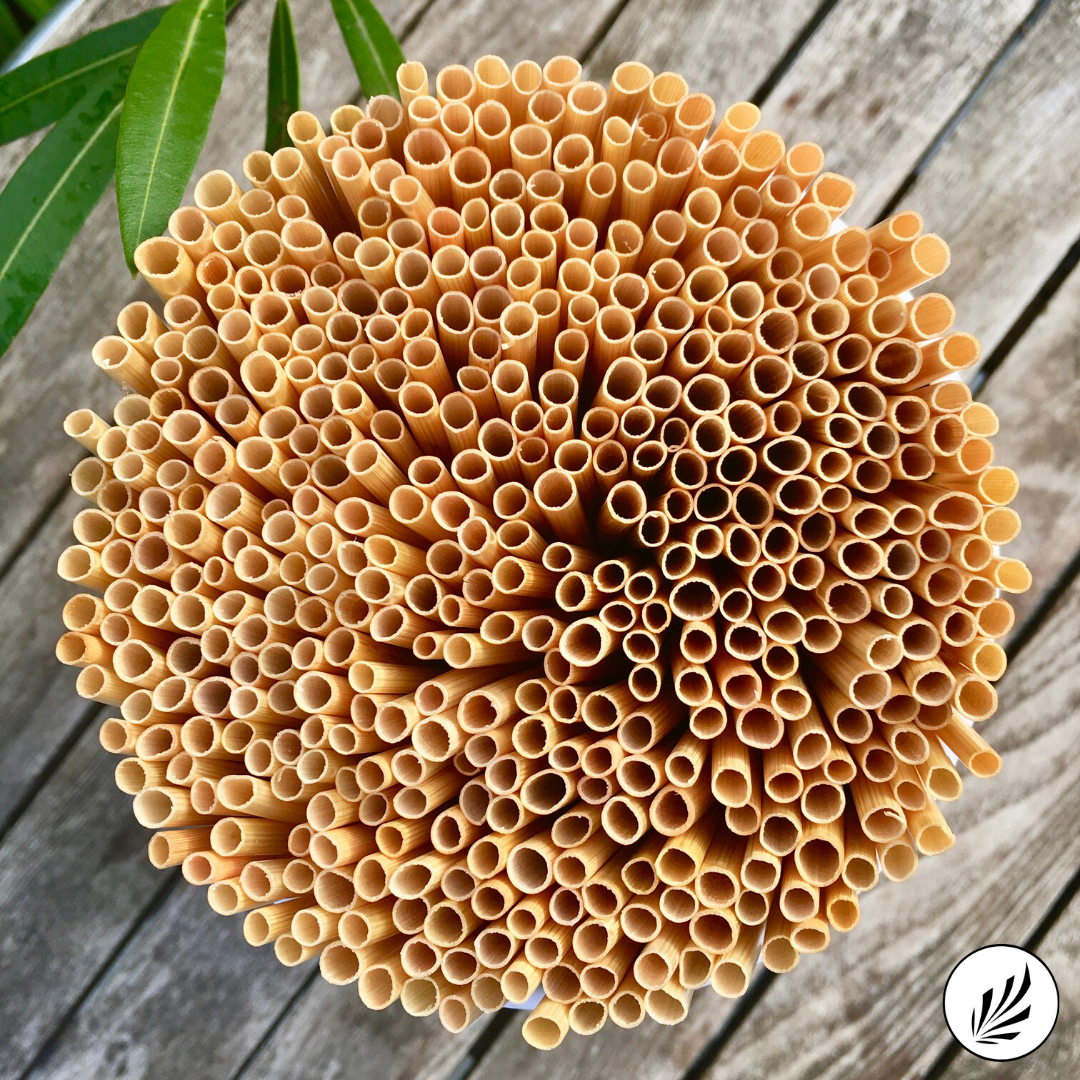
Paper straws: Are they really as eco-friendly as we think they are?
It’s safe to say that the global campaign against the use of plastic straws reached new heights in the last couple of years, with many companies and end-consumers choosing to replace plastic straws by straws made from paper. But are paper straws really the environmentally responsible alternative they claim to be?
If we look at the pros for paper straws, it can be concluded that whereas plastic is sturdy, paper is much more flexible. This means that if a paper straw makes its way to the ocean, it’s much less likely to harm marine animals. It’s also much more likely to biodegrade, or at least disintegrate, over time — whereas plastic straws will be with us forever.
Sadly though, beyond the pro mentioned above, paper straws really aren’t much more environmentally friendly than plastic straws. In fact, it is possible that they’re actually even worse for the environment. We might think of paper as a material which can be recycled easily, but unfortunately that is not always the case. Once used, paper straws will become soggy and contaminated by whatever you’ve drunk through the straw. That means that most councils do not have the infrastructure to recycle them properly. McDonalds came upon this problem when they made the switch from plastic to paper straws and had to conclude that the 1.8 million straws used in their restaurants every day across the UK could not be recycled and so were being sent straight to landfill.
Of course, it isn’t only about where the straw goes at the end of its life. Paper is also pretty resource intensive to produce. Paper straws are made from trees, which can make it seem like a good choice environmentally, as trees are a renewable source. However, they’re also an incredibly valuable source as they absorb carbon dioxide emissions we humans produce, 33% of the carbon dioxide we produce to be exact. That is exactly the reason shouldn’t be cutting them down and using them up for anything other than an incredibly good reason. Drinking straws aren’t an essential product to cut trees for, especially when there are other, much better, plastic free solutions out there.
What’s more, the term “biodegradable” may be misleading. Hong Kong's Environmental Protection Department’s “Biodegradability Testing Guideline” tested how well different materials break down by keeping them at a constant temperature of between 56 and 60 degrees Celsius for 180 days. If the carbon matter of that material decreases by 60 per cent, it can be considered biodegradable. In the real world, this means that so-called “biodegradable materials” could be around for a lot longer than 180 days without even disappearing completely.
What Should We Do About Paper Straws?
In conclusion, just because some restaurants have switched over to paper straws, doesn’t mean that they are eco-friendly or that you should use them. It’s clear to state that even though plastic straws are more harmful to the environment, in the end, paper straws still have large environmental consequences, and are definitely not eco-friendly. For the most part, they are still a single-use waste item.



Leave a comment
This site is protected by hCaptcha and the hCaptcha Privacy Policy and Terms of Service apply.